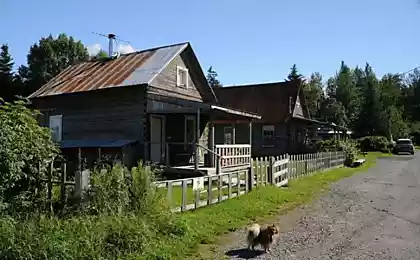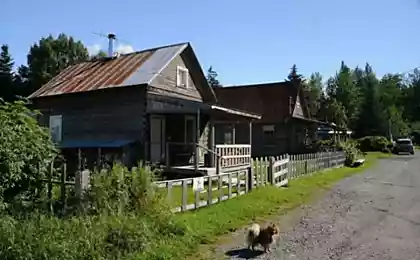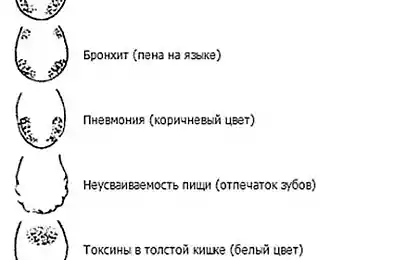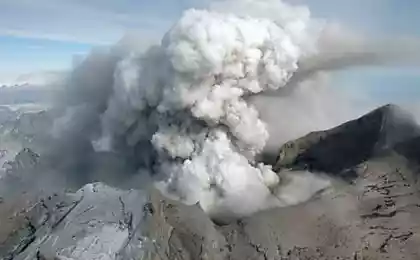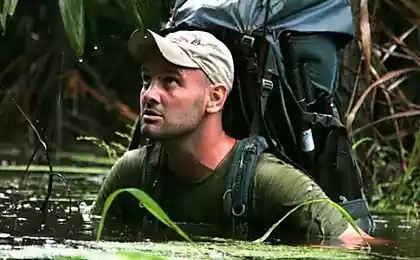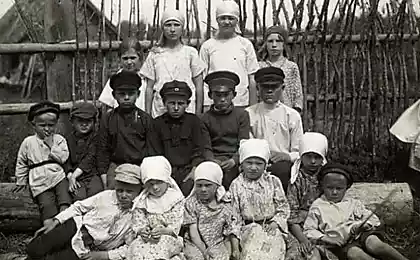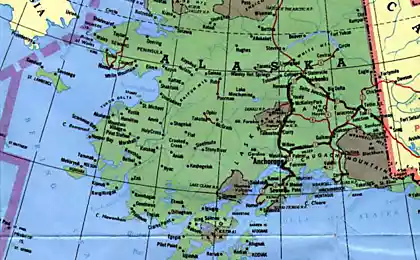1128
US should think. In Alaska, found the relic dialect of Russian language
Russian linguists World Bergelson and Andrew Kibrik together with their American colleague Wayne Lyman (Wayne Leman) discovered and described the relic dialect of Russian in the village of Ninilchik, Alaska-based Russian colonists in the 19th century. The Orthodox Church in Ninilchike.
Dialect Ninilchik Village has a number of features. Neuter nouns in dialect lost. Partially faded and feminine, for example: "My daughter has come," "Krasznai smarodina", "evonay mother kept watch television all night" ("his mother up all night watching TV"). According to research, this feature is not there as a result of the collapse of the language, and, apparently, was peculiar to Russian version of which was used in the XIX century among Russian and Creole Alaska.
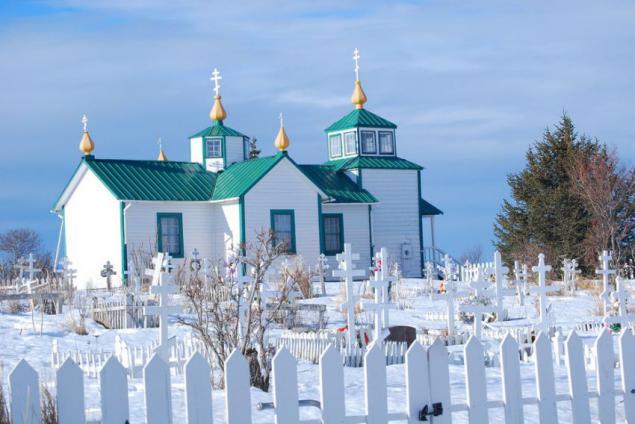
More than 70% of the words ninilchikskogo dialect - ordinary Russian word (up to phonetic changes): "agorot", "butilka", "babachka", "chotko" ("aunt"), "ostraf", "Mishawaka," "Skaskiv" . Some Russian words Ninilchike preserved with the changed value "gang" ("pot"), "gums" ("cheslyust"), "chump" ("skull"), "cereal" ("rice"). Preserved and words in the Russian language of the XIX century "strush" ("plane"), "Vishki" ("upstairs"), "Chukhno" ("Finn"), "chihotka" ("TB"). There are words that occur in other Russian dialects "shiksha" ("berries crowberry"), "beam" ("wild celery").
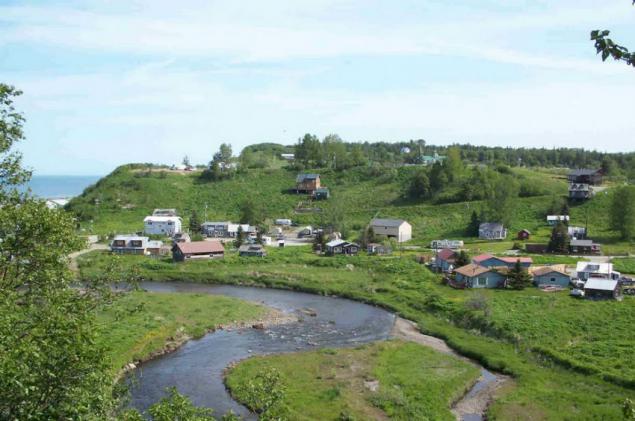
Bald eagle - the national symbol of the United States - against the backdrop of the Russian countryside.
Some of the words have changed a bit their shape "kalishok" ("purse"), "vomarak" ("syncope"), "muzhikanits" ("Musician"). The language has developed a series of imaginative names: "Grandpa Qamar" ("big mosquito"), "marskoy Seagull" ("fish stingray" - as the waving fins like a bird).
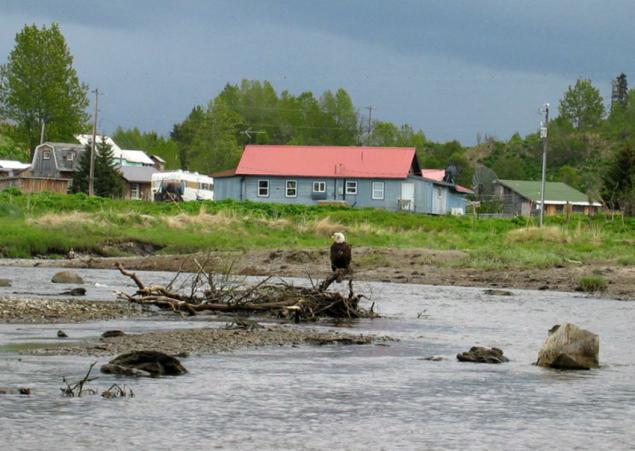
Selpo
Many words refer to specific residents Ninilchika classes and objects "crumbs" - pieces of natural carbon that are emitted by sea and used for heating, "gasoline, gazolinka" - a metal boat with a motor, "tank" - the design of the networks for salmon, " daroga "- a barrier to migrating salmon fishing guide in the tank. The word "Laida" called braid at the confluence of the river into the sea Ninilchik (this word is known in Russian dialects meaning "beach, tide poured strip»).
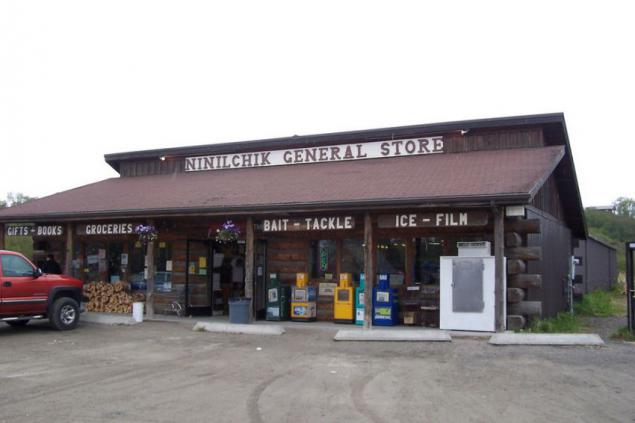
Local hotel
There are a number of old borrowings from English: "invilop" ("envelope"), "Quartey" ("quart" - a measure of volume), "rababutsi" ("rubber boots" from the rubber boots). Some British borrowing decorated Russian suffixes "gaznik" ("canister of gasoline"), "beybichka" ("child"). There are some words that come out of atabaskaskogo language dena'ina "Treasury" ("Lynx"), "Taishi" ("dried fish").
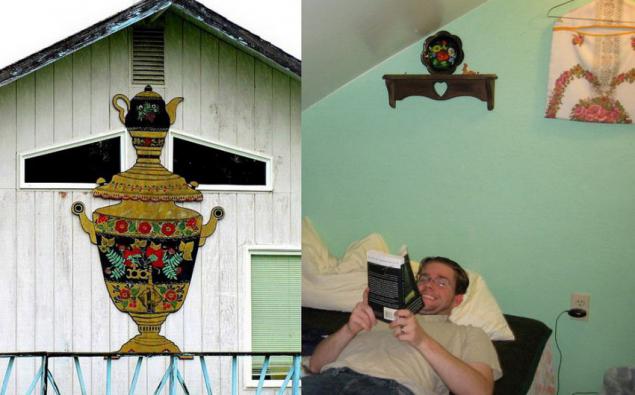
There are words of the Alutiiq language (one of the Eskimo) "ukudik" ("bee"), "nyunik" ("porcupine"), "Mother" - type of shellfish. From the last word is "mamaynik" - a shovel, dig clams which at low tide.
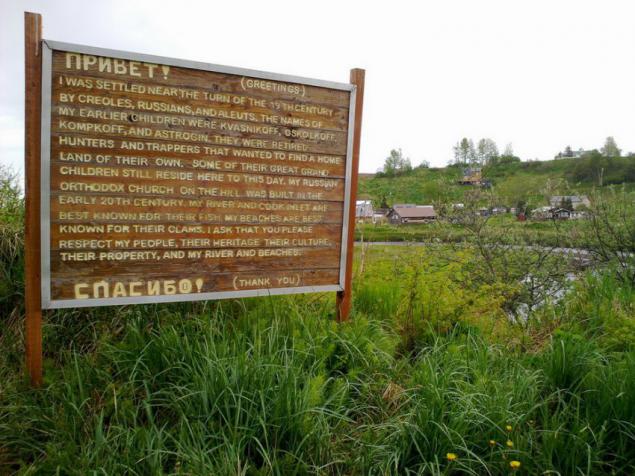
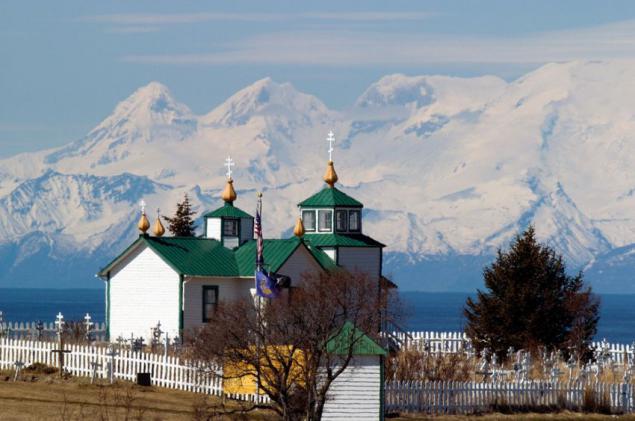
Source: postomania.ru
Dialect Ninilchik Village has a number of features. Neuter nouns in dialect lost. Partially faded and feminine, for example: "My daughter has come," "Krasznai smarodina", "evonay mother kept watch television all night" ("his mother up all night watching TV"). According to research, this feature is not there as a result of the collapse of the language, and, apparently, was peculiar to Russian version of which was used in the XIX century among Russian and Creole Alaska.

More than 70% of the words ninilchikskogo dialect - ordinary Russian word (up to phonetic changes): "agorot", "butilka", "babachka", "chotko" ("aunt"), "ostraf", "Mishawaka," "Skaskiv" . Some Russian words Ninilchike preserved with the changed value "gang" ("pot"), "gums" ("cheslyust"), "chump" ("skull"), "cereal" ("rice"). Preserved and words in the Russian language of the XIX century "strush" ("plane"), "Vishki" ("upstairs"), "Chukhno" ("Finn"), "chihotka" ("TB"). There are words that occur in other Russian dialects "shiksha" ("berries crowberry"), "beam" ("wild celery").

Bald eagle - the national symbol of the United States - against the backdrop of the Russian countryside.
Some of the words have changed a bit their shape "kalishok" ("purse"), "vomarak" ("syncope"), "muzhikanits" ("Musician"). The language has developed a series of imaginative names: "Grandpa Qamar" ("big mosquito"), "marskoy Seagull" ("fish stingray" - as the waving fins like a bird).

Selpo
Many words refer to specific residents Ninilchika classes and objects "crumbs" - pieces of natural carbon that are emitted by sea and used for heating, "gasoline, gazolinka" - a metal boat with a motor, "tank" - the design of the networks for salmon, " daroga "- a barrier to migrating salmon fishing guide in the tank. The word "Laida" called braid at the confluence of the river into the sea Ninilchik (this word is known in Russian dialects meaning "beach, tide poured strip»).

Local hotel
There are a number of old borrowings from English: "invilop" ("envelope"), "Quartey" ("quart" - a measure of volume), "rababutsi" ("rubber boots" from the rubber boots). Some British borrowing decorated Russian suffixes "gaznik" ("canister of gasoline"), "beybichka" ("child"). There are some words that come out of atabaskaskogo language dena'ina "Treasury" ("Lynx"), "Taishi" ("dried fish").

There are words of the Alutiiq language (one of the Eskimo) "ukudik" ("bee"), "nyunik" ("porcupine"), "Mother" - type of shellfish. From the last word is "mamaynik" - a shovel, dig clams which at low tide.


Source: postomania.ru


